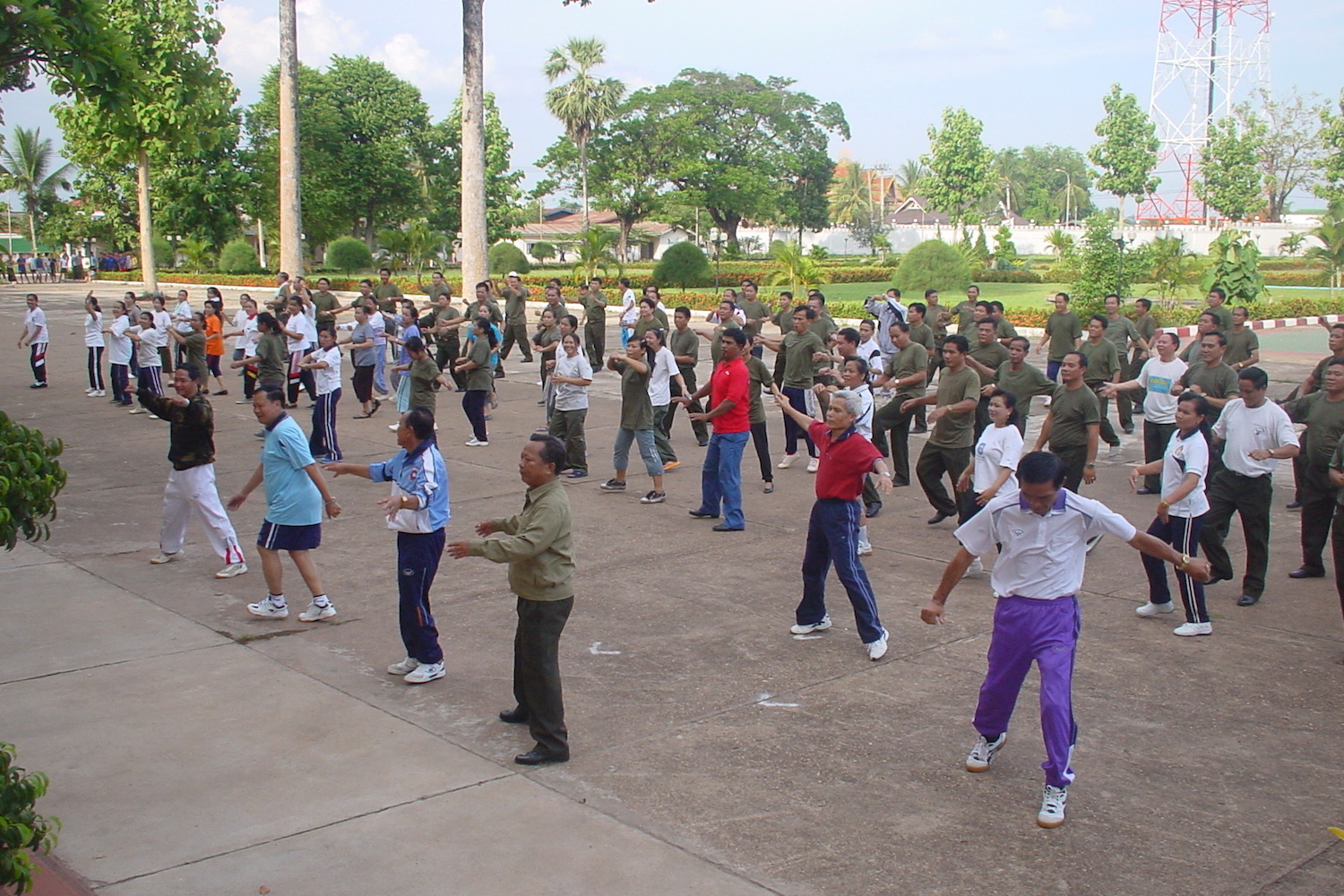RFA: 02 August 2018

By Paul Eckert
A harsh review by the UN Human Rights Committee (UNHRC) of Laos’ rights record should prompt the international community to press the one-party state to make major political and legal reforms, human rights groups said on Thursday.
The Geneva-based UNHRC held talks with Laos on July 11-12 in that Swiss city and on July 26 issued a tough review of the Southeast Asian country’s compliance with its legal obligations under the International Covenant on Civil and Political Rights. It was the first review since Laos became a state party to the Covenant in 2009.
“The outcome of the United Nations’ assessment of the human rights situation in Laos highlighted the country’s highly repressive environment and the government’s failure to respect virtually all civil and political rights,” said a statement by the International Federation for Human Rights (FIDH) and the affiliated Lao Movement for Human Rights (LMHR). Continue reading “Human Rights Groups Applaud Tough UN Review of ‘Highly Repressive’ Laos”



 (Paris) The outcome of the United Nations’ (UN) assessment of the human rights situation in Laos highlighted the country’s highly repressive environment and the government’s failure to respect virtually all civil and political rights, FIDH and its member organization Lao Movement for Human Rights (LMHR) said today.
(Paris) The outcome of the United Nations’ (UN) assessment of the human rights situation in Laos highlighted the country’s highly repressive environment and the government’s failure to respect virtually all civil and political rights, FIDH and its member organization Lao Movement for Human Rights (LMHR) said today.


 [The UN Human Rights Committee] …regrets the paucity of relevant information provided by the State party regarding the measures taken, and the progress achieved, in investigating the enforced disappearance of civil society leader Sombath Somphone…
[The UN Human Rights Committee] …regrets the paucity of relevant information provided by the State party regarding the measures taken, and the progress achieved, in investigating the enforced disappearance of civil society leader Sombath Somphone…
 (Paris) During a review by a United Nations (UN) body, the Lao government slandered disappeared civil society leader Sombath Somphone and failed to provide any details concerning its purported investigation into his enforced disappearance, FIDH and its member organization Lao Movement for Human Rights (LMHR) said today.
(Paris) During a review by a United Nations (UN) body, the Lao government slandered disappeared civil society leader Sombath Somphone and failed to provide any details concerning its purported investigation into his enforced disappearance, FIDH and its member organization Lao Movement for Human Rights (LMHR) said today.

